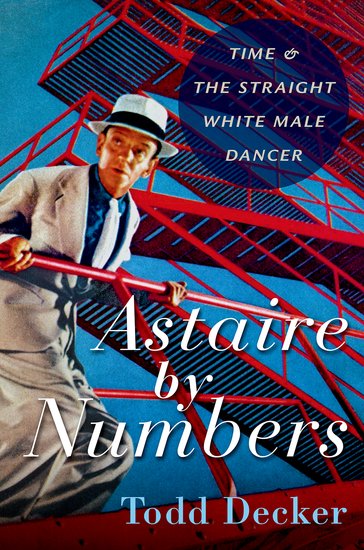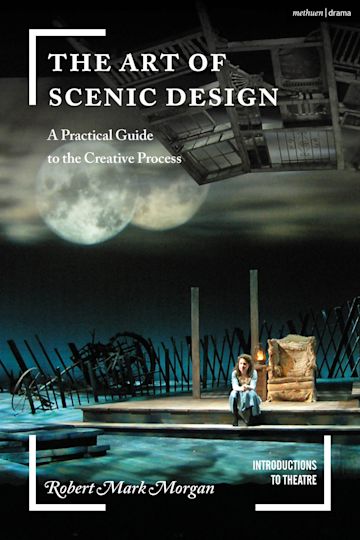Selected Publications
Europe
2016 On British Islam: Religion, Law, and Everyday Practice in Shari'a Councils. Princeton: Princeton University Press.
2015 "France after Charlie Hebdo", Boston Review Forum, March, 2015.
2014 European States and Their Muslim Citizens: The Impact of Institutions on Perceptions and Boundaries, ed. John R Bowen, Christophe Bertossi, Jan Willem Duyvendak, and Mona Lena Krook. Cambridge: Cambridge University Press.
2011 “How the French State Justifies Controlling Muslim Bodies: From Harm-based to Values-based Reasoning.” Social Research, Summer 2011, 78:2, 1-24. [pdf]
2011 “Europeans Against Multiculturalism”, Boston Review, July/August 2011.
2011 “The Republic and the Veil”, in Edward Berenson, Vincent Duclert, and Christophe Prochasson, eds., The French Republic: A Transatlantic History, pp. 272-77. Ithaca: Cornell University Press.
2010 Can Islam Be French? Pluralism and Pragmatism in a Secularist State. Princeton: Princeton University Press.
2007 Why the French Don't Like Headscarves: Islam, the State, and Public Space. Princeton: Princeton University Press.
Indonesia
2019 Women and Property Rights in Indonesian Islamic Contexts (senior editor, with Arskal Salim). Leiden: Brill. [https://brill.com/abstract/title/39374
2013 “Contours of Sharia in Indonesia”, in Mirjam Künkler and Alfred Stepan, eds. Democracy & Islam in Indonesia, pp. 149-67. New York: Columbia University Press.
2008 "Intellectual Pilgrimages and Local Norms in Fashioning Indonesian Islam", Revue d'Etudes sur le Monde Musulman et la Méditerranée, 123: 37-54. [pdf]
2005 "Normative Pluralism in Indonesia: Regions, Religions, and Ethnicities," in Will Kymlicka and Boagang He, eds., Multiculturalism in Asia: Theoretical Perspectives, pp. 152-69. Oxford: Oxford University Press. [pdf]
2005 "Fairness and Law in an Indonesian Court", in M. Khalid Masud, David S. Powers, and Ruud Peters, eds., Dispensing Justice in Muslim Courts: Qadis, Procedures and Judgments, pp. 117-41. Leiden: Brill. [pdf]
2004 "The Development of Southeast Asian Studies in the United States", in David L. Szanton, ed., The Politics of Knowledge: Area Studies and the Disciplines, pp. 386-425. Berkeley: University of California Press.
2003 Islam, Law and Equality in Indonesia: An Anthropology of Public Reasoning. Cambridge: Cambridge University Press (awarded the 2004 Herbert Jacobs Prize by the Law and Society Association for the "outstanding book" of 2003).
Theoretical and Comparative Studies
2021 Pragmatic Inquiry: Critical Concepts for Social Sciences. John R. Bowen, Nicolas Dodier, Jan Willem Duyvendak, and Anita Hardon, eds. Abingdon, UK: Routledge. [Link]
2020 “Are Societies Religious? (Or Is There a Better Question?).” The Immanent Frame. https://tif.ssrc.org/2020/07/21/are-societies-religious/.
2018 “Gender, Islam, and Law,” in Siwan Anderson, Lori Beaman, and Jean-Philippe Platteau, eds., Towards Gender Equity in Development. WIDER Studies in Development Economics. Oxford: Oxford University Press. https://www.wider.unu.edu/publication/gender-islam-and-law.
2018 “Social Progress and Cultural Change,” John Bowen and Will Kymlicka (coordinating lead authors), Rethinking Society for the 21st Century, Report of the International Panel on Social Progress, pp. 609-37. Cambridge: Cambridge University Press. (see proof at: https://comment.ipsp.org/chapter/chapter-15-social-progress-and-cultural-change).
2018 “Are identity politics emancipatory or regressive?” John Bowen and Will Kymlicka, The Conversation, April 18, 2018, https://theconversation.com/are-identity-politics-emancipatory-or-regressive-94434.
2017 Religions in Practice, 7th revised edition. New York: Routledge.
2016 “Anthropology of Islam”, Encyclopedia of Islam, 3rd edition. Leiden: Brill.
2015 “Anthropology and Islamic Law”, in Kristen Stilt and Anvar Emon, eds., Oxford Handbook on Islamic Law. Oxford: Oxford University Press.
2014 L’islam: l’ennemi idéal. Paris: Albin Michel
2013 Religions in Practice: An Approach to the Anthropology of Religion, 6th revised edition. Needham Heights, MA: Allyn & Bacon.
2012 A New Anthropology of Islam. Cambridge: Cambridge University Press.
2012 Blaming Islam. Cambridge: MIT Press.
2011 "Islamic Adaptations to Western Europe and North America: The Importance of Contrastive Analyses", American Behavioral Scientist, 55: 1601-1615. [pdf]
2010 “Secularism: Conceptual Genealogy or Political Dilemma?” Comparative Studies in Society and History 52 (3): 680-94. [pdf]
2006 "Anti-Americanism as Schemas and Diacritics across Indonesia and France," in Peter Katzenstein and Robert Keohane, eds., Anti-Americanisms in World Politics. Ithaca: Cornell University Press. [pdf]




